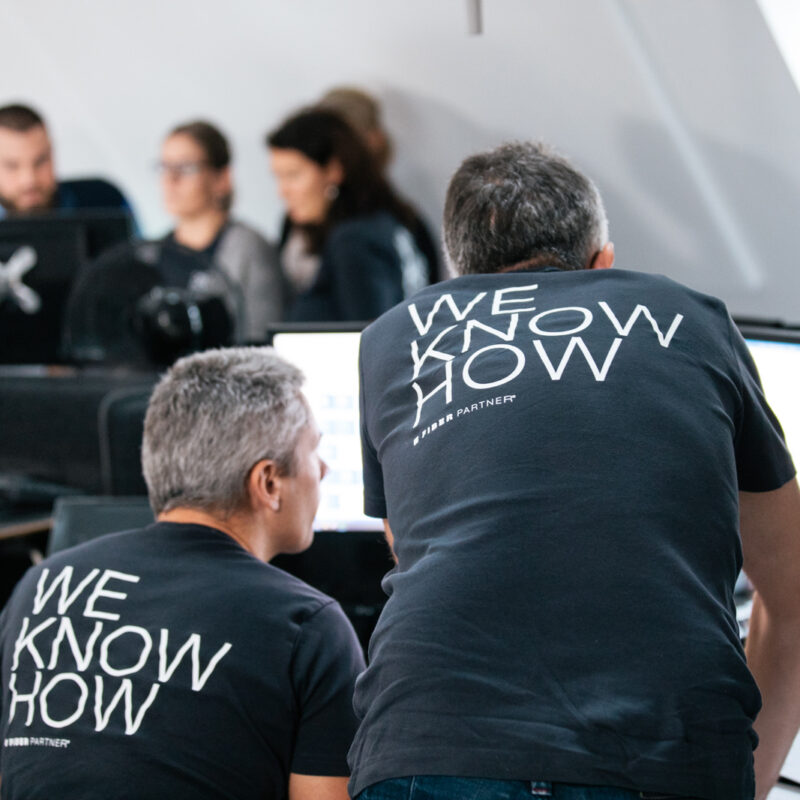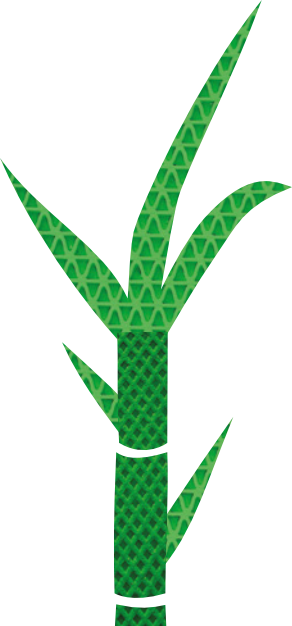
PolyPlant® SOLID SHORT-CUT
The wetlaid technique is a fundamental method used by manufacturers of nonwovens, prioritizing uniformity, lightness, and durability. Products created using the wetlaid method are versatile and can be used in various technical fields, including the automotive industry, filtration systems, medical and hygiene products, wallpaper, packaging, embroidery, and construction materials, among others.
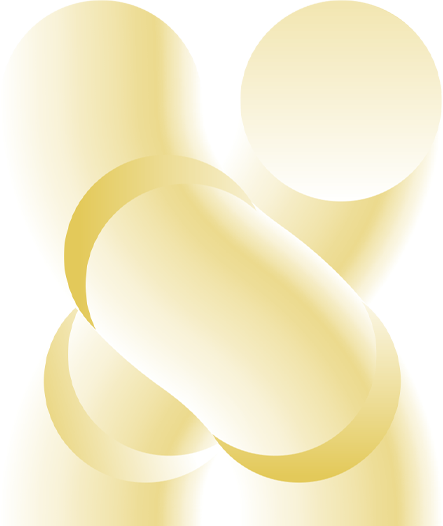

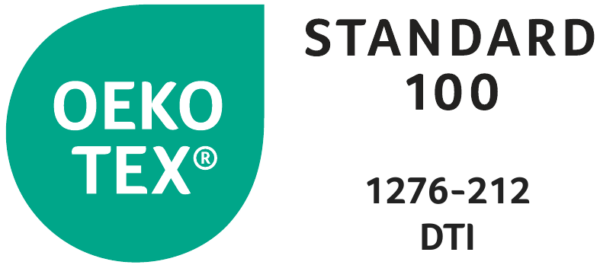
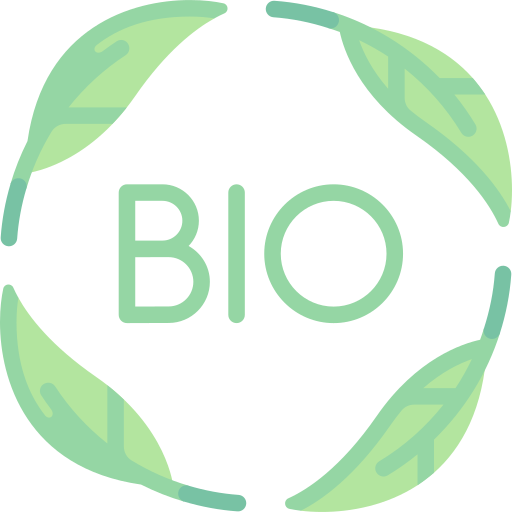

Short-cut fiber
FAQ
Is PolyPlant® available today?
Yes, PolyPlant® is ready to be put into production. It is well-tested and can easily be scaled as it is based on PLA.
Is PolyPlant® compatible with other natural materials?
Yes, PolyPlant® blends well with other natural materials.
What are the benefits of using PolyPlant® in manufacturing?
PolyPlant® offers numerous benefits, including reduced environmental impact, enhanced durability, and versatility in applications. It enables the production of more eco-conscious products without compromising on performance
Is PolyPlant® environmentally friendly?
Yes, PolyPlant® is designed to be ecofriendly. It’s primary component, PLA, is derived from sugarcane, making it a responsible alternative to traditional petroleum-based plastics.
Can PolyPlant® be utilized in production facilities worldwide?
Yes, PolyPlant® can be distributed to production facilities globally, enabling manufactures to incorporate them into their processes to create more responsible materials.
How is PolyPlant® made?
PolyPlant® consists of PLA pellets from sugarcane from Thailand combined with a biobased additive.
